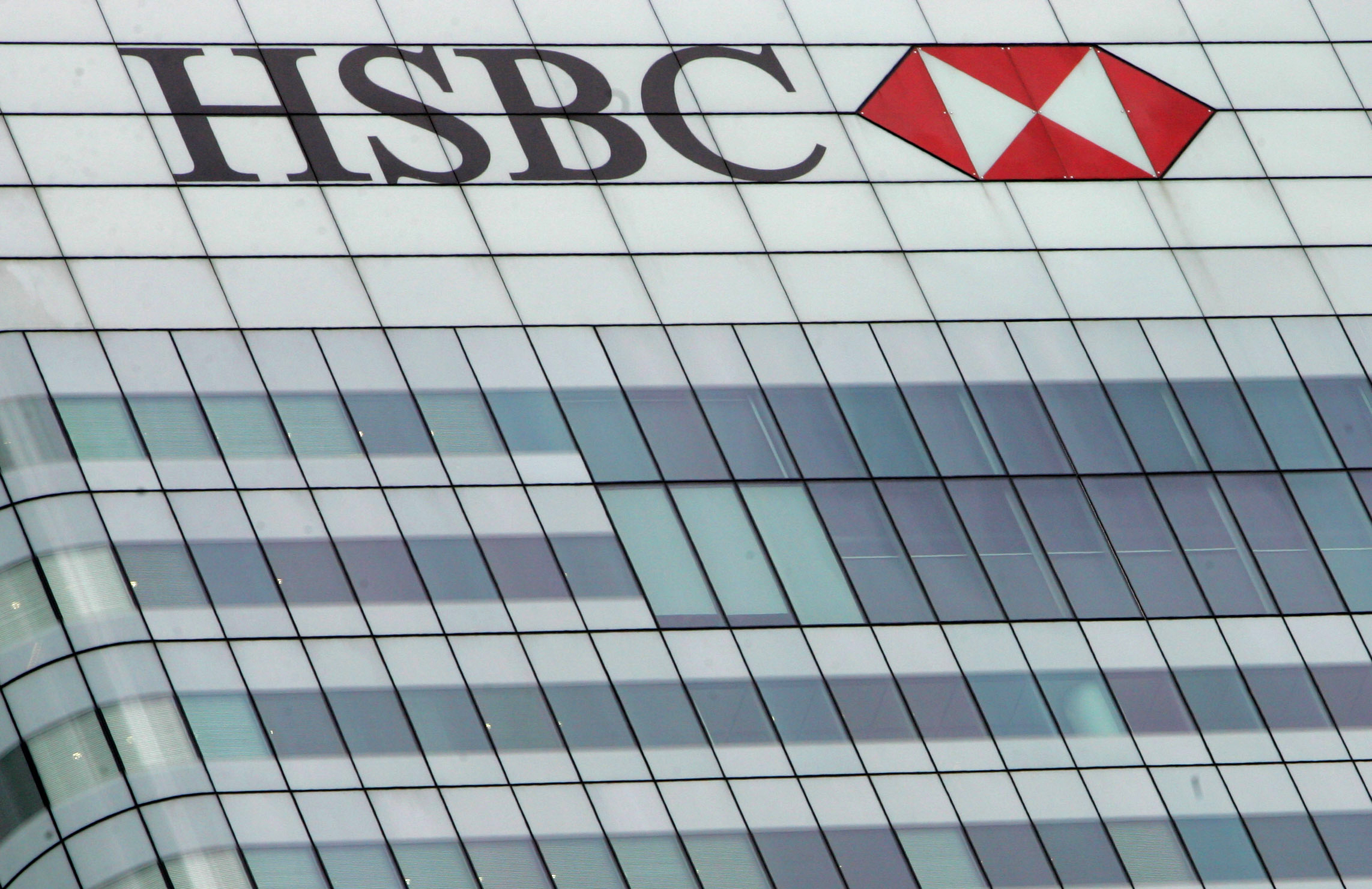The Office for National Statistics says that UK unemployment fell by 16,000 to 1.62 million in the three months to October.
The BBC reports that ‘the unemployment rate held steady at 4.8 per cent in the same period. Average weekly earnings excluding bonuses rose by 2.6 per cent in the year to October – slightly higher than the previous month.’ HolidaysBritish holidaymakers heading overseas will have to pay more for their trips in 2017 because of uncertainty over the vote to leave the European Union, sterling depreciation, rising oil prices and ongoing global events.
This is according to Travelzoo, an online travel firm, which says that four in five UK travel companies are preparing themselves for price increases in 2017. One fifth of those say the increase could be as high as 15 to 20 per cent.
Thisismoney reports that ‘until now, travel companies have been absorbing price increases on costs such as hotel rates set in euros in popular spots like France and Spain – and many have been selling holidays at prices set before June’s EU referendum.’
Mortgages
Banks are increasing the cost of fixed-rate mortgages by hundreds of pounds a year, according to the Daily Mail.
The paper reports that ‘mortgage rates have been at rock-bottom for seven years after the Bank of England’s official rate was cut to 0.5 per cent, and then to 0.25 per cent in August. Figures now show many major UK lenders have increased rates on mortgages in the past month.’
Moneyfacts, the financial comparison site, has calculated that the rate rises added up to £600 a year to the price of a typical £200,000 loan. It also says that 17 banks and building societies hiked rates over 30 days, including Nationwide, Halifax, TSB, HSBC, Leeds, Nottingham and Skipton building societies.
House prices
The Times reports that house price growth continued to ease in October.
The average price of a home in the UK rose by 6.9 per cent in the year to October, reaching £217,000. This was up £14,000 compared with the same month last year, but unchanged from the previous month, according to the Office for National Statistics.
Some property analysts say these are the first signs that Britain is beginning to witness the a post-Brexit slowdown.
SavingsData from Moneyfacts.co.uk reveals that rate reductions in the savings market have now outweighed rate rises for 14 consecutive months. The relentless rate cuts have resulted in the number of savings accounts that pay 1 per cent or more halving over the last twelve months.
In November, Moneyfacts recorded 30 savings rate rises. Disappointingly, rate reductions over the same period outshone this figure, with the number of rate decreases standing at 103 – which translates to around three cuts to every rate rise – and some deals fell by as much as 0.50 per cent.
Statistics released yesterday show that the Consumer Prices Index rose to 1.2 per cent during November, which still means that savers have very few accounts to choose from that match or beat it. Today, less than a third (140) of the 659 savings accounts currently on the market can beat or match inflation, of which 135 (0 no notice, 3 notice, 112 fixed rate bonds and 20 cash ISAs) are without restrictive criteria.
Small businesses
A lack of specialist advice and support from high street banks for SMEs, particularly for smaller enterprises, means many are resorting to funding options that risk restricting their growth, according to Close Brothers Group’s latest report, Banking on Growth: Closing the SME funding gap.
While 38 per cent of all SMEs have used bank loans to grow their business, it is the larger, more established SMEs that are most likely to use bank lending, according to Close Brothers’ latest research. Just 25 per cent of micro-SMEs (companies with 1-9 employees) have used bank loans to grow – a figure that rises to 51 per cent for SMEs with more than 100 employees. This trend is mirrored in other sources of funding, such as asset finance, where micro-SMEs, who may not have significant assets within the business are left with fewer options.
Christmas
Millions of people will be relying on their credit cards to fund Christmas this year. Research conducted by comparethemarket.com found that Brits who celebrate Christmas expect to spend £640 on average over the festive season.







Comments